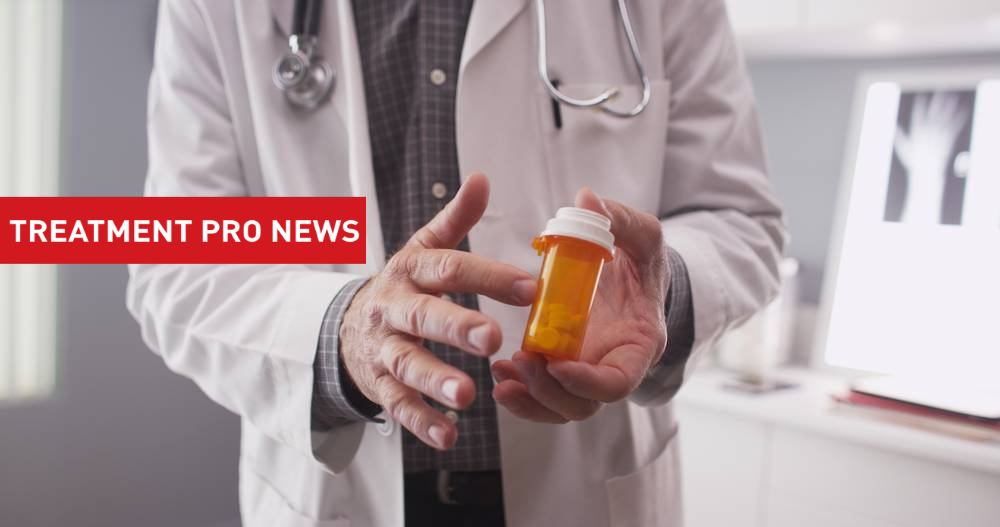
In a powerful move to fight the opioid epidemic, six governors from New England states have joined together to urge Congress to offer greater access to medication-assisted treatment options (MAT). The people and the politicians of New England are tired of seeing their states ravaged by heroin and prescription painkillers. The governors from several states are urging Congress to amend the Drug Abuse Treatment Act of 2000, which bars nurse practitioners from prescribing medications like buprenorphine and Suboxone that are designed to break opioid addiction.
Gov. Peter Shumlin of Vermont, Gov. Charlie Baker of Massachusetts, Gov. Paul LePage of Maine, Gov. Maggie Hassan of New Hampshire, Gov. Dannel Malloy of Connecticut and Gov. Gina Raimondo of Rhode Island believe that taking joint action was a viable method to address the problem and raise greater awareness. The proactive team of New England governors is urging Congressional leaders to step up and allow MAT options to be more widely available for doctors to prescribe to substance abusers and addicts.
The governors are expressing their support for The Recovery Enhancement for Addiction Treatment Act, a newly proposed law that would allow certain nurse practitioners and physician assistants to treat up to 100 patients per year with buprenorphine and Suboxone, provided they meet certification requirements. Rather than going to a methadone clinic every day, Suboxone allows patients to obtain a prescription at their doctor’s office and take the recovery drug on their own schedule.
“Nationally, 53% of primary care physicians work with nurse practitioners or physician assistants. By ignoring this important and successful partnership in the treatment of addiction, we significantly limit access to MAT,” explained Connecticut Governor Dannel Malloy in a letter supporting the joint action. “Building on this strong partnership between physician and nonphysician providers is vital in expanding access to effective treatment. The need has never been greater, as the number of people seeking treatment is continuing to grow.”
According to the latest report by the Centers of Disease Control and Prevention (CDC), overdose deaths in 2014 surpassed 47,000—up 7% from the previous year. The number includes deaths involving both prescription and illegal drugs. The report by the CDC noted increasing access to medication-assisted treatment, in combination with behavioral therapies, has been proven to be an effective tool to reverse the epidemic of opioid abuse. The New England governors simply want this tool to be more widely available to their constituents.
